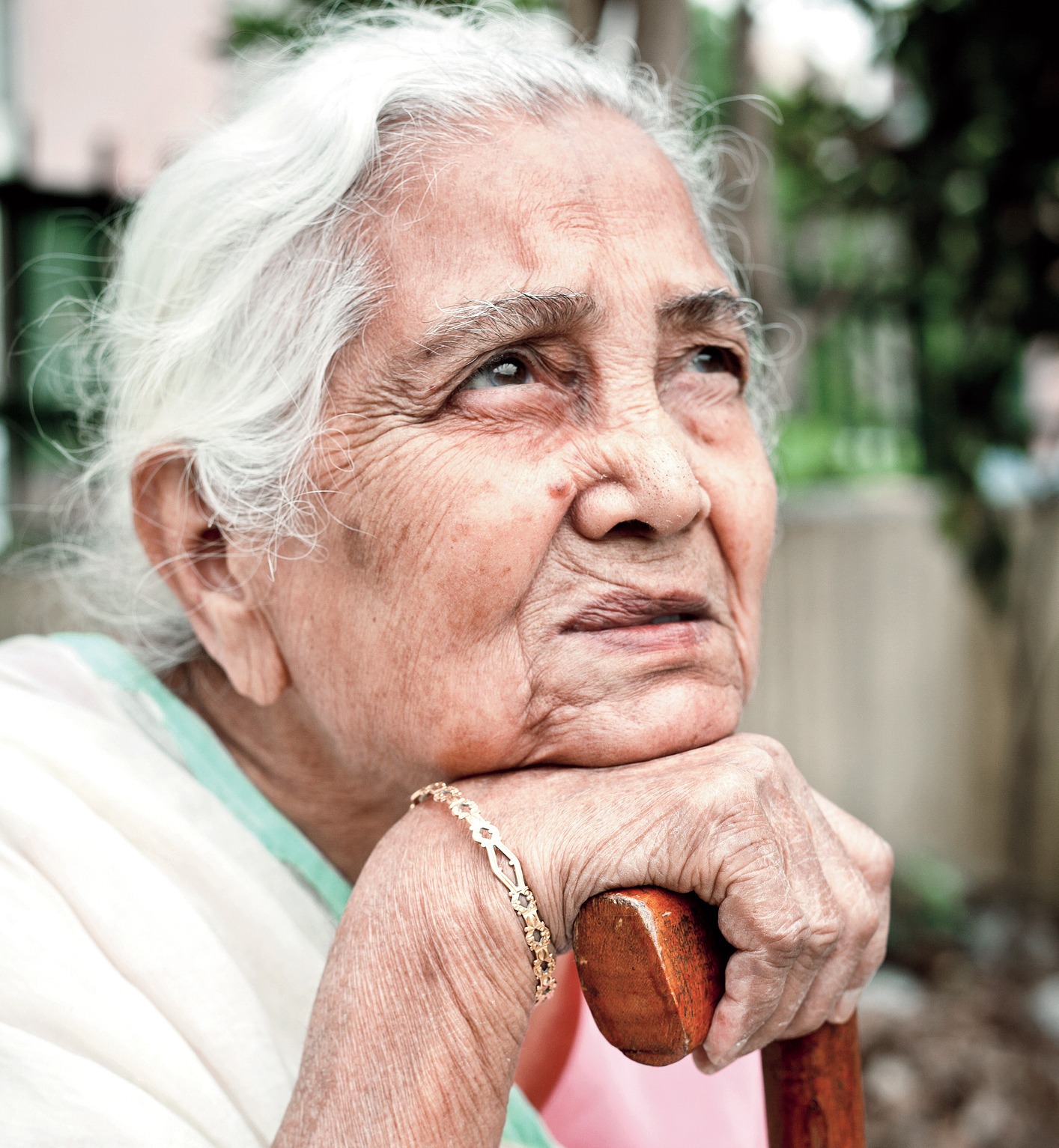With a slow moving disease like Alzheimer’s, there’s still time for doubt. Perhaps the diagnosis is wrong and the memory holes and struggle for words are just normal ageing. Deep in your psyche, there’s still a little spark of hope. But there comes a moment when denial is no longer an option.
My moment came recently, as I was walking past the Bucks County Playhouse in downtown New Hope, Pennsylvania, US. I correctly remembered that my husband, Tim, and I recently saw a show there. I even remembered who went with us. But I had no recollection of what show I had seen. Tim reminded me that it was Guys and Dolls, but the memory wasn’t there. No songs, no story, no scenes. Nothing at all.
The next morning, I sat quietly on my bed. “Tim,” I said, “It’s coming, isn’t it?” Without asking what I meant, Tim gently said, “Yes, it’s coming.” I cried, of course, but just a little. I’ve known, obviously, that change is coming. I’ve been tested, prodded, injected and studied for over two years as part of a clinical trial. But looking back, I realise that I’ve still harboured a shadow of doubt.
The shadow is gone. The spark of hope has been extinguished. Alzheimer’s will continue to steal from me, and, unless there’s an unlikely medical miracle, nothing is going to stop the creeping loss. Loss of memory. Loss of mobility. Loss of freedom.
The years since my diagnosis haven’t been all bad. A few months after we learned the news, my partner of 12 years and I went to the county courthouse to get married. My sister, nieces and nephew joined us and took pictures as we kissed for the first time as a married couple and fulfilled the Jewish tradition of breaking a glass for luck.
I was also asked to serve on a national advisory committee for the Alzheimer’s Association. During my yearlong tenure, I learned of so much wonderful advocacy and research. I met the most amazing people including those with dementia and those working hard to stop the disease.
I’ve been fortunate to be able to keep working. I can’t imagine my life without the structure and purpose of work. I have also managed to keep up an eight-year exercise streak — from CrossFit to a slow ride on an exercise bike and everything in between. And research suggests, that it has helped keep the Alzheimer’s monster at bay.
Speaking of research, I’ve been participating in a clinical trial for an experimental drug. Happily, I’ve never had a negative reaction to it.
In fact, tears seem to be one of the most common side effects of Alzheimer’s. One night, sitting at a restaurant with my family, I found myself getting tired and suddenly started crying. I couldn’t stop and with an embarrassed wave, Tim and I left. I didn’t stop crying until we neared our house almost 30 minutes later. It had been a long day, but the tears made little sense. Another time, I could feel my emotions slipping after a tense meeting at work. As soon as the office emptied, I started sobbing. Interestingly, I never was much of a crier, but now I take pills for anxiety, which may be to blame for my out-of-control tear ducts.
Facing the reality of losing your mind is devastating. Combine that with the fear of being helpless and dependent on others for everything, and, at times, ending it all seems like the smart choice. I’ve come to agree with those who passionately believe that assisted suicide or so-called rational suicide is a human right.
But for the moment I’m persuaded that I still have much more life to live. I’ll continue going on, loving my family and pets, working as hard as I can for Alzheimer’s awareness. I’ll continue with the drug trial — not for me, but because I want to help make this disease go away so that future generations — our children and our nieces and nephews and their children — won’t have to face Alzheimer’s, and won’t have to watch those they love fade away.
In the meantime, I give my deepest thanks to those who have offered words of support or contributed to the Alzheimer’s Association in my honour. The support means so much to me. But I also remind them — please don’t be surprised if I forget. Please don’t be offended if you need to reintroduce yourself and prod me about shared memories.
I’m going to fight for a while more. But with clearer eyes about what the future will bring.










